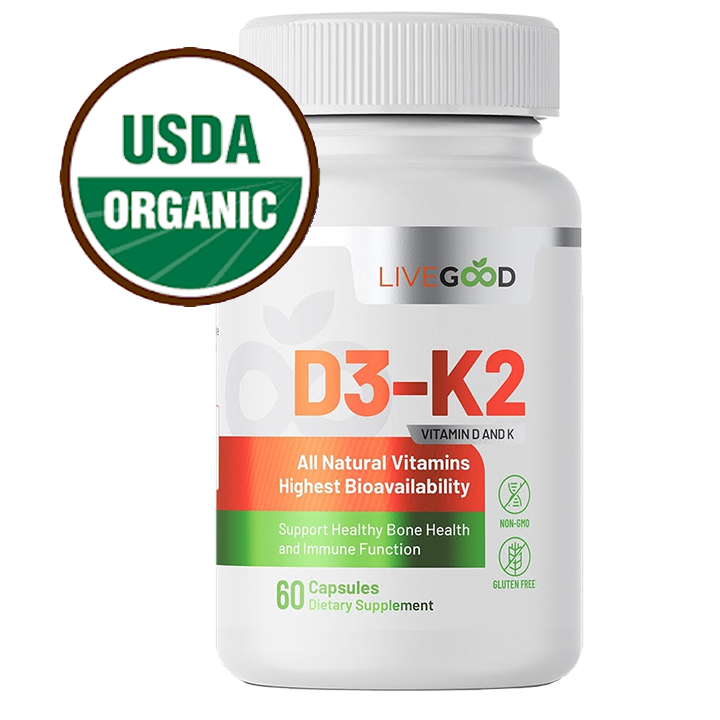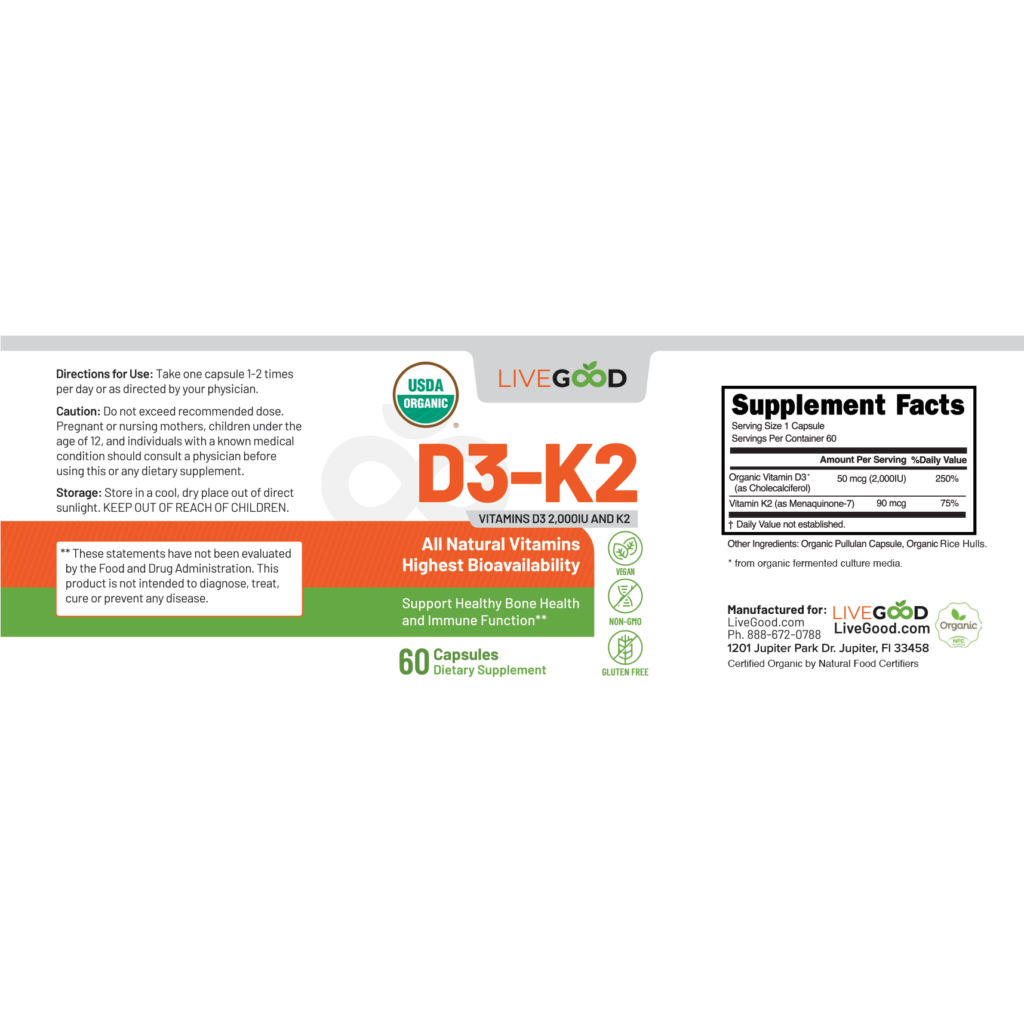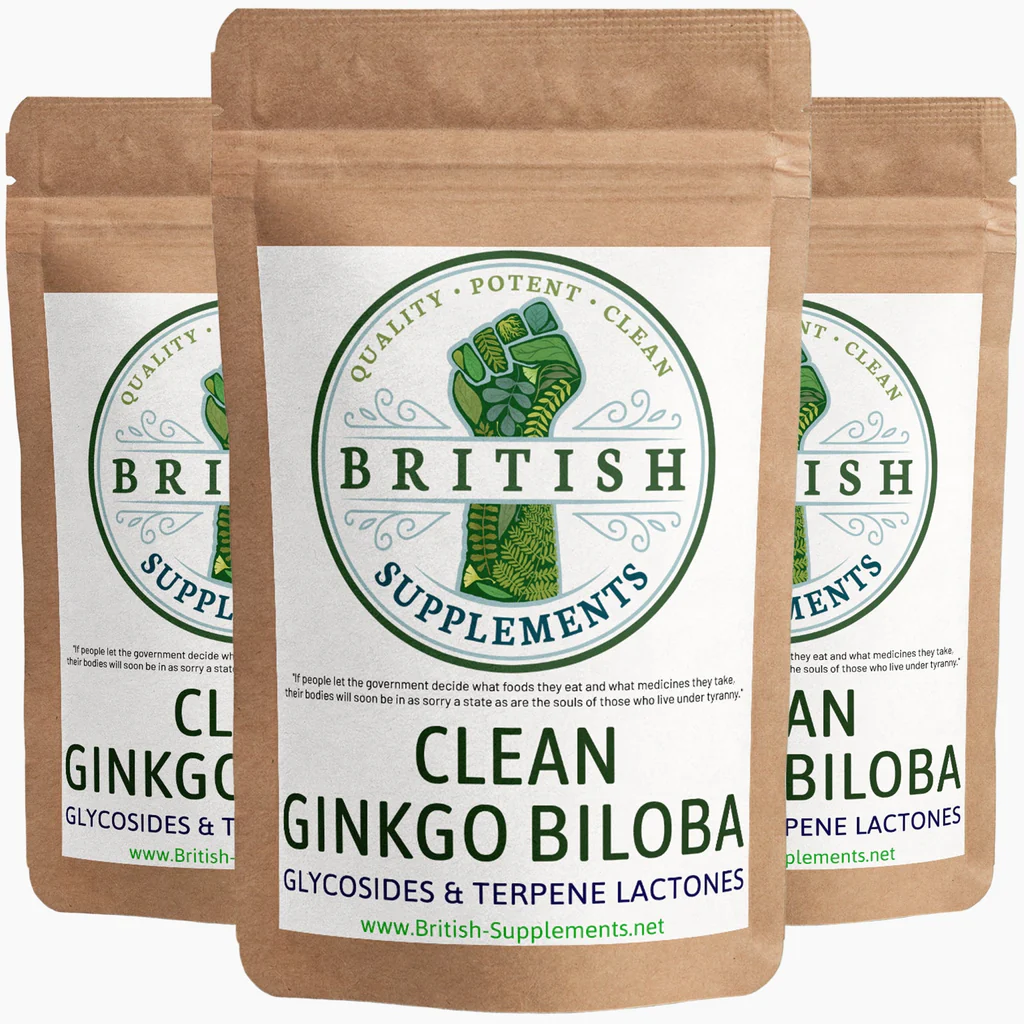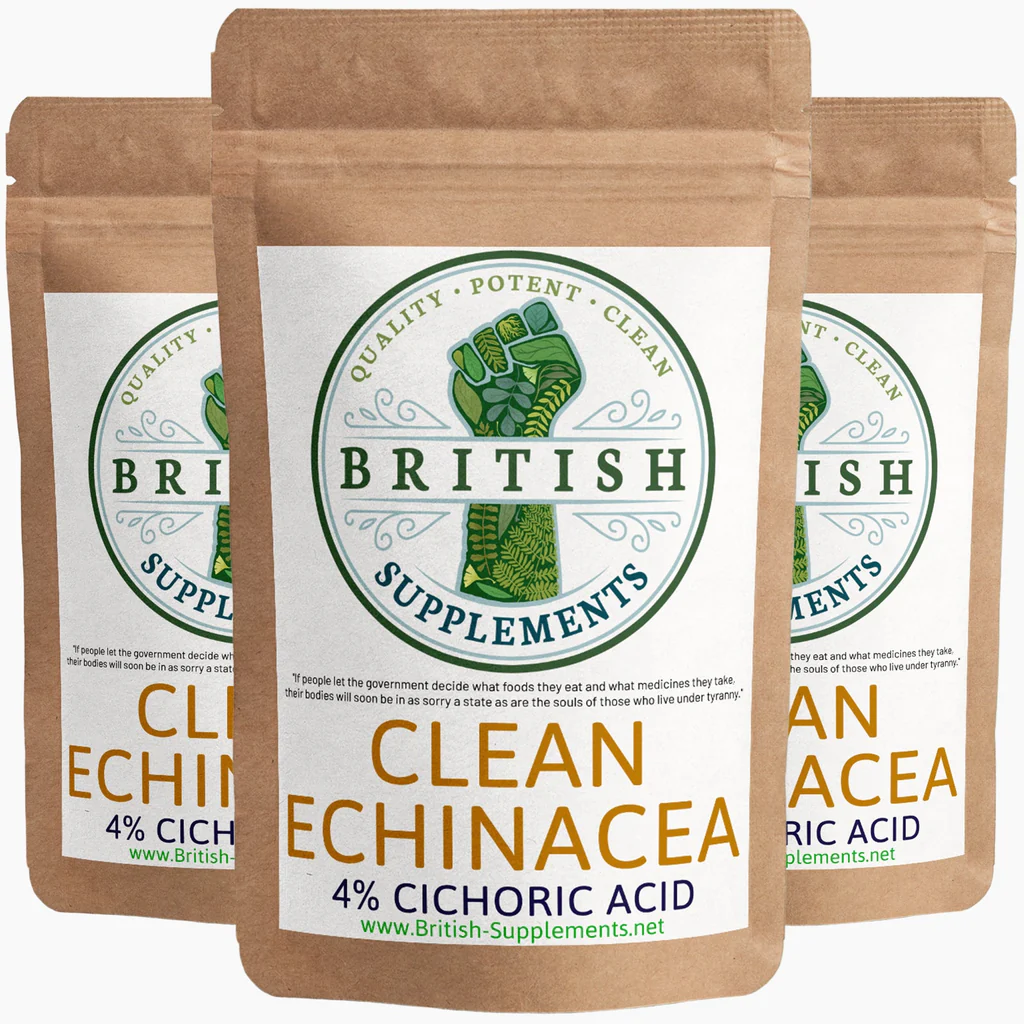In the ever-evolving landscape of wellness, immune health, bone density, and cardiovascular function are top concerns for many people. While no single solution can do it all, certain vitamins come remarkably close—and two of the most critical for foundational health are Vitamin D3 and Vitamin K2.
These nutrients are not only essential individually, but they work synergistically to help the body function optimally. As more people become aware of their benefits, D3-K2 supplements are emerging as a must-have addition to daily routines.
In this comprehensive guide, we’ll explore why these vitamins matter, what they do, how they work together, and what to look for in a supplement. Whether you’re already using D3 or K2, or just exploring options to support your health, you’ll walk away with a better understanding—and a cleaner supplement option to consider.
What is Vitamin D3?
Vitamin D3, also known as cholecalciferol, is the natural form of vitamin D that our bodies produce in response to sunlight exposure. Often called the “sunshine vitamin,” D3 plays a crucial role in:
- Immune function
- Bone health and calcium absorption
- Mood and energy regulation
- Inflammation control
Despite its importance, Vitamin D is the most common nutrient deficiency worldwide. Due to indoor lifestyles, sunscreen use, limited sun exposure in colder climates, and diets lacking in vitamin D-rich foods (like fatty fish, liver, or fortified dairy), most people simply aren’t getting enough.
Even in sunny regions, many individuals are still low in D3 due to modern habits and genetic variations in how the body absorbs or processes vitamin D.
Why K2 Matters Too
Vitamin K2, especially in its most bioavailable form MK-7 (menaquinone-7), is often overlooked but plays an essential role in calcium metabolism. While D3 helps your body absorb calcium, K2 ensures that calcium gets directed to the right places—your bones and teeth—and not your arteries or soft tissues.
Without enough K2, excess calcium can build up in blood vessels, contributing to arterial stiffness and increasing the risk of cardiovascular disease. This makes K2 a vital partner for D3 supplementation.
Key Roles of Vitamin K2:
- Directs calcium away from arteries and into bones
- Supports heart health by reducing arterial calcification
- Works synergistically with D3 to improve bone density
In short, Vitamin D3 helps you absorb calcium. Vitamin K2 helps your body use it correctly. That’s why they’re better together.
The Power of D3 + K2 Together
Pairing Vitamin D3 and K2 offers benefits far beyond what either can do alone. This is where the magic happens:
The Synergistic Benefits Include:
- Immune System Defense
D3 activates immune cells and modulates immune response, while K2 contributes to overall systemic health. - Bone Strength and Density
D3 helps absorb calcium; K2 ensures calcium is deposited in bone tissue, supporting strong bones and teeth. - Cardiovascular Health
K2 prevents calcium buildup in arteries, reducing the risk of calcification-related issues. - Mood, Energy & Sleep Balance
D3 is involved in serotonin and melatonin pathways, impacting mood and sleep regulation. - Longevity and Cellular Health
Research suggests both D3 and K2 support long-term wellness by aiding DNA repair, managing inflammation, and supporting vascular flexibility.
Top Benefits of Taking a Daily D3 + K2 Supplement
Let’s break down the top evidence-based and user-reported benefits of taking D3-K2 together:
1. Stronger Immunity
Vitamin D plays a key role in immune function. Deficiency has been linked to increased susceptibility to infections, respiratory illnesses, and inflammation.
2. Enhanced Calcium Absorption
Without enough D3, your body struggles to absorb calcium from food or supplements. This leads to poor bone health, among other issues.
3. Improved Bone Density
K2 ensures that calcium ends up where it’s needed—within the skeletal system—boosting bone strength and reducing the risk of fractures.
4. Reduced Risk of Arterial Calcification
K2’s role in activating matrix GLA protein (MGP) helps prevent calcium from depositing in blood vessels, supporting heart health.
5. More Balanced Mood
Low levels of Vitamin D are associated with symptoms of depression and seasonal affective disorder (SAD). Supplementation helps support mental health, particularly in winter months.
6. Higher Energy and Vitality
By supporting mitochondrial function and hormonal balance, D3 and K2 can contribute to better energy metabolism.
7. Better Sleep and Circadian Rhythm
D3 plays a role in melatonin production. Taken in the morning, it may help regulate your sleep-wake cycle, helping you sleep better at night.
Signs You Might Be Deficient in Vitamin D
Since most people don’t show obvious symptoms, vitamin D deficiency can go undiagnosed for years. Here are some common signs to watch for:
- Frequent colds, flus, or infections
- Low energy or chronic fatigue
- Muscle aches or joint pain
- Depression or low mood
- Poor sleep or difficulty falling asleep
- Bone weakness or hair thinning
- Slow wound healing
Pro Tip:
Ask your doctor to check your Vitamin D levels with a simple blood test (25-hydroxyvitamin D). It’s usually affordable and may be covered by insurance. Ideal blood levels are typically between 50–80 ng/mL.
How and When to Take Vitamin D3 and K2
Because both D3 and K2 are fat-soluble vitamins, they’re best taken with a meal that contains some healthy fat (e.g., avocado, nuts, eggs, or olive oil).
When:
- Morning is the best time to take D3 + K2.
- Research shows it may help support natural melatonin production later in the evening, aligning with circadian rhythms.
- Avoid taking D3 late in the day, as it could interfere with sleep in sensitive individuals.
How:
- Consistency is key – daily use helps maintain optimal blood levels.
- Dosage may vary depending on your needs, but 2,000 IU of D3 is a common maintenance dose, particularly when paired with K2 for balance.
What to Look for in a D3-K2 Supplement
Not all supplements are created equal. When choosing a D3-K2 product, pay close attention to:
✅ Clean, Potent Formulas
- Vitamin D3 should be in the cholecalciferol form.
- Vitamin K2 should be in the MK-7 form for long-acting bioavailability.
✅ No Fillers or Junk
- Avoid supplements that contain artificial colors, flavors, preservatives, or unnecessary binders.
✅ Allergen-Free and Vegan-Friendly
- Especially if you have sensitivities or dietary restrictions, look for labels that confirm: gluten-free, soy-free, nut-free, non-GMO, and vegan.
✅ GMP-Certified, Third-Party Tested
- Always choose products made in certified facilities and independently tested for purity and potency.
A Clean Option: LiveGood’s Organic D3-K2 2000

If you’re looking for a high-quality, all-natural way to get your daily dose of D3 and K2, LiveGood’s Organic D3-K2 2000 is a smart, clean choice.
This supplement was created with optimal health and simplicity in mind.
Key Features:
- 2,000 IU of Vitamin D3 (Cholecalciferol) per serving
- With Vitamin K2 for complete calcium regulation support
- Vegan, Non-GMO, Gluten-Free, Soy-Free
- Third-party tested for purity and safety
- Cruelty-free and organic

It’s made with integrity in a GMP-certified facility and designed for daily use to help you stay ahead of deficiencies and support overall wellness.
Check it out here to learn more or grab a bottle.
Tips for Getting the Most from Your D3 + K2 Supplement
To make the most of your supplement and lifestyle, try these tips:
- Take with a meal that includes fat for better absorption.
- Take in the morning to support your body’s natural rhythm.
- Pair with magnesium for enhanced calcium balance and relaxation.
- Incorporate weight-bearing exercise like walking, lifting, or yoga to support bone strength.
- Get a little sunshine when you can (just 15 minutes a few times a week helps stimulate natural D3 production).
- Re-test your levels after a few months to track progress.
Frequently Asked Questions (FAQ)
Can I take Vitamin D3 without K2?
While you can take D3 alone, pairing it with K2 helps ensure calcium is used properly in the body. Without K2, excess calcium can deposit in arteries instead of bones.
How much D3 should I take daily?
2,000 IU is a common, safe daily amount for maintenance. Always check your blood levels and talk to your healthcare provider for personalized dosing.
Is LiveGood’s D3-K2 vegan and clean?
Yes. It’s vegan, organic, third-party tested, and free of fillers, GMOs, soy, and allergens.
Can kids or seniors take it?
While D3 and K2 are essential for all ages, you should consult a pediatrician or physician before giving supplements to children or the elderly.
How long does it take to notice results?
Some people notice improved energy, mood, or sleep within a few weeks. Full benefits, including improved immune function and bone density, may take longer.
Final Thoughts: Simple Nutrients for Stronger Health
In an age where immune support, energy, and bone health matter more than ever, Vitamin D3 and K2 stand out as two of the most impactful nutrients you can take every day.
They work in harmony to help your body absorb, direct, and utilize calcium where it’s needed most—your bones—while supporting cardiovascular health, immune strength, and long-term wellness.
Choosing a high-quality supplement is just as important as taking the right vitamins. LiveGood’s Organic D3-K2 2000 delivers on all fronts: clean, potent, well-formulated, and easy to take.
If you’re looking for a smarter way to support your health, this could be a powerful addition to your daily routine.



